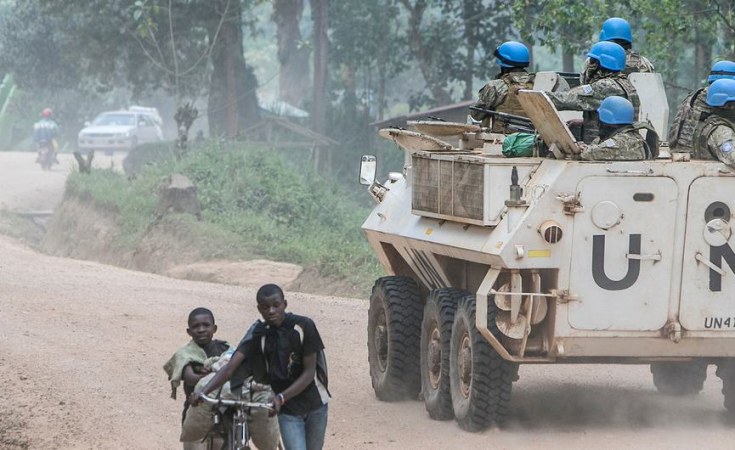Congolese refugees in the region have petitioned the United Nations Security Council and multiple countries over human rights violations targeted at Tutsi communities in eastern DR Congo.
In a January 17 letter addressed to representatives of the United States, the European Union, the African Union, France, Canada, the East African Community, the United Kingdom, Rwanda, Uganda, and others, the Congolese refugees in the Great Lakes Region said they risk becoming stateless due to violations of their fundamental human rights.
They call upon the international community to step in and stop the "continuation of genocidal murders" against Congolese Tutsi communities at the hands of local militias and the FDLR, which collaborates with the Congolese army. The FDLR is a militia group formed by remnants of the perpetrators of the 1994 Genocide against the Tutsi in Rwanda.
ALSO READ: Congolese refugees protest over genocide in homeland
In November 2022, the UN special advisor on genocide prevention, Alice Wairimu Nderitu, warned of genocide in eastern DR Congo, especially violence against the Banyamulenge community in South Kivu province.
"We would like to draw your attention to the issue of Tutsi refugees of Congolese nationality settled for more than 25 years in refugee camps across Africa," reads a copy of the letter.
"We have reasons to believe that the Congolese refugees of Tutsi ethnic run a great risk of statelessness, due to the social injustices through serious violations of their fundamental rights."
In Rwanda, there are more than 72,000 Congolese refugees who fled different episodes of violence since 1996.
In DR Congo, Tutsi communities continue to be subjected to widespread hate speech, discrimination, hostility, and violence rooted in the genocide ideology revived by the genocidal militia FDLR and embraced by the Congolese leadership and security apparatus. People responsible for these crimes are not held accountable by the Congolese government.
The refugees also highlight the denial of their existence, as commonly expressed by political leaders, civil society actors, journalists and other influential figures in DR Congo.
Among other international treaties, the letter cites the Universal Declaration of Human Rights of 1948, the Declaration of Rights of Persons Belonging to National or Ethnic, Religious and Linguistic Minorities of 1992 and the 1948 Convention on the Prevention and Punishment of the Crime of Genocide.
"We bring to your attention the continuation of genocidal murders against the Tutsi by local militias and FDLR in Kivu, forcing them to abandon their villages. In addition to these attacks, we suffer discrimination and exclusion caused by hate speeches," the letter reads.
In the ongoing conflict with M23 rebels, the Congolese army has formed an alliance with armed groups, such as the FDLR militia, who are accused of targeting Tutsi communities.
Political and military leaders have appeared in videos on social media calling for violence against Kinyarwada-speaking communities who are accused of being traitors and accomplices of the M23 rebels.
In December 2022, the EU sanctioned eight people, including a high ranking Congolese army officer, a former government minister and Protogene Ruvugayimikore, a senior FDLR commander over rights abuses and hate speech in DR Congo.


